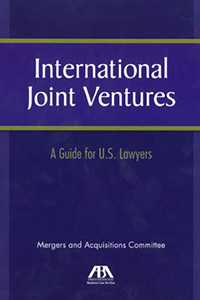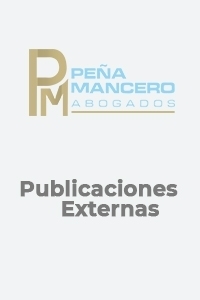Colombia closer to the transparency of extractive industry

By Felipe Gómez
November 3, 2015
A positive initiative to increase transparency of payments and revenues from private companies and the government, was presented by the Ministry of Mines and Energy, and 16 mining companies in the energy sector including Ecopetrol last October.
This is the first report on the Extractive Industries Transparency Initiative (EITI by its acronym in English), which will be presented in December this year. The report of Transparency (EITI) is a global standard for the management, monitoring and control of economic resources received by the nation by the activity of oil, gas and mining. The commitment of the extractive industry transparency is a joint exercise between the Government, civil society, the public and private sector.
This first report should have an updated work plan, including costs and deadlines established by the EITI Board.
Why is it important EITI?
The EITI is located in the center of the value chain, focusing on revenue transparency. For Colombia this alternative means to translate the wealth of natural resources by improving the level of development for local people.
In resource-rich economies, companies extracting oil, gas and minerals make payments directly to governments.
The EITI aims to increase public information and to be presented in more effective local government to be accountable for the revenues from natural resources is.
The benefits:
An improvement of the collection and management of public services; creating a more attractive investment climate;
Strengthening trust between governments, businesses and citizens;
Creating a forum to discuss broader extractive industries governance issues, such as physical and process audits, transparency of contracts and revenue.
How the EITI is implemented?
The EITI is a national process that varies by country, where the International EITI Board has formulated a set of rules describing the basic criteria and guide the countries through the three stages of implementation: accession application and enforcement.
In principle this report will be a further investment control, as the report submitted in December 2015 corresponds to the information of fiscal 2013.
Other Latin countries like Guatemala have certification that validates compliance with international standards in this area and covirtiéndola the second country in Latin America, after Peru, to have this recognition.
Meanwhile Colombia entered the list adding 48 EITI countries with support from the World Bank, the Interamerican Development Bank and the International and Ibero-American Foundation of Administration and Public Policy (FIIAPP).
“We are proud that we are improving the accessibility and transparency of information in the sector. This has meant great efforts in terms of updating the infrastructure of state agencies “said Thomas Gonzalez, current minister of mines and energy.
These were the signatories mining companies:
Cerrejon Zona Norte, Drummond, Prodeco, Cerro Matoso SA, Paz del Rio and Minas Mineros SA Meanwhile, exploration companies and oil produducción that were part of the document were Ecopetrol, Pacific Exploration and Production, Equion Energia Limited, Perenco Colombia Oil and Gas Limited, CNE Oil & Gas, Geoproduction Oil and Gas Company of Colombia, Chevron Petroleum Company, Hocol and Mansarovar Energy Colombia, all now committed to promoting the traceability of the resources of our country.
Photo: Cerrejón-Portfolio [Picture]. (2014). Recovered from <http://www.portafolio.co/economia/certificacion-transparencia-industrias-extractivas>

The new Simplified Tax Regime (STR) in Colombia – 2019

International Joint Ventures (2013)


